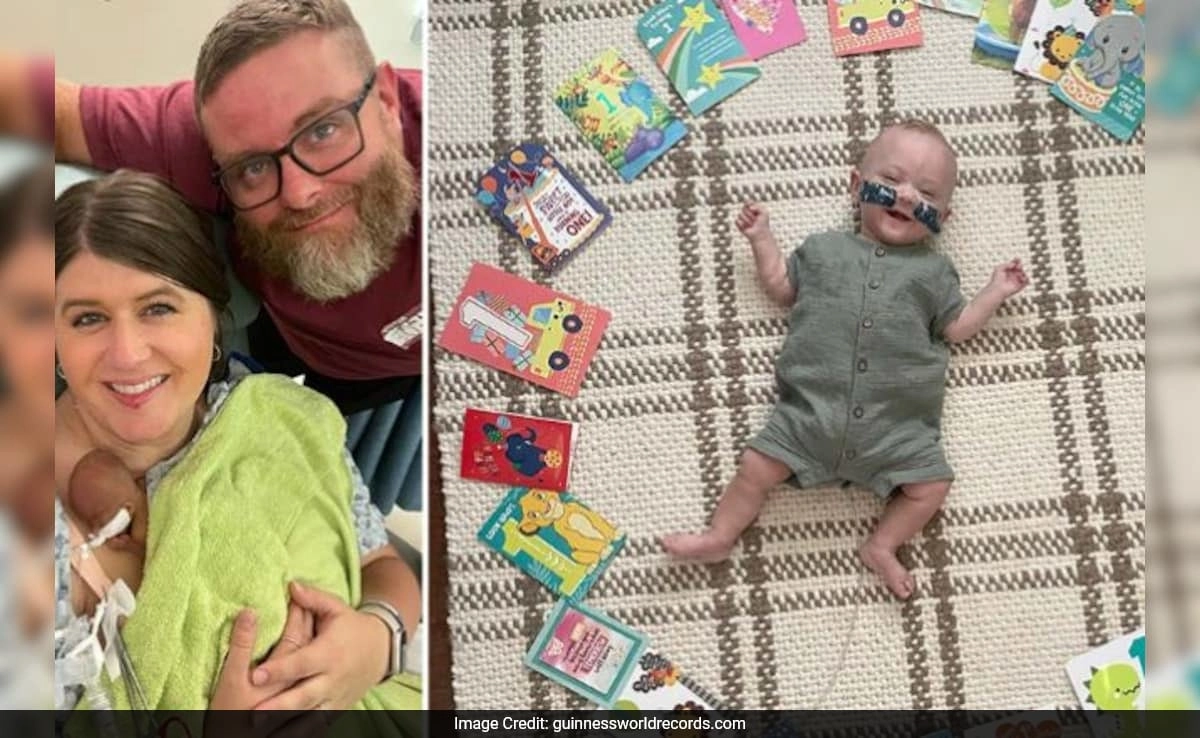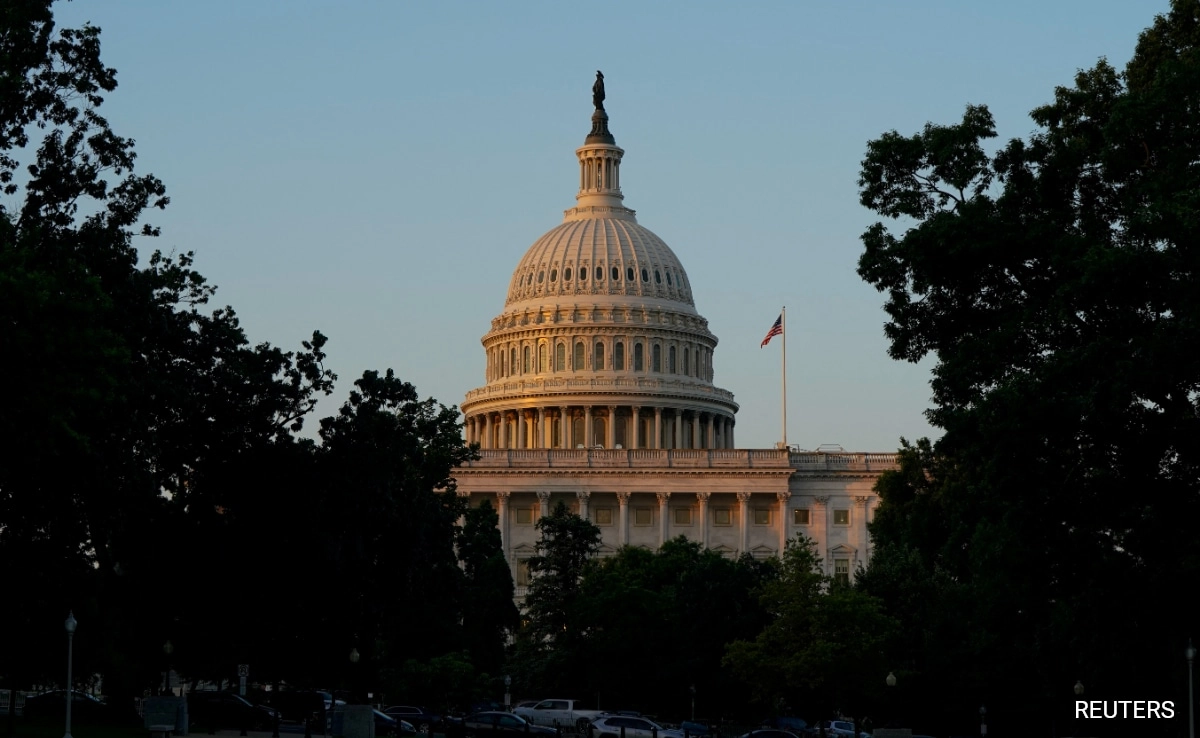The funeral of a terrorist from Pahalgam, held in Pakistan-administered Kashmir (PoK), has taken an unexpected turn, capturing significant media attention and igniting discussions on regional tensions. The event, which was initially intended to honor the deceased, has instead highlighted the complexities surrounding militancy and the cultural responses to it in the region. As mourners gathered to pay their respects, the atmosphere was charged with a mix of sorrow and defiance, reflecting the deep-rooted sentiments surrounding the ongoing conflict in Kashmir.
Attendees of the funeral displayed a range of emotions, from grief for the lost life to anger directed at both local and international forces perceived as oppressors. The deceased, who was reportedly involved in militant activities, became a symbol of resistance for some, prompting chants and slogans that echoed the long-standing aspirations for autonomy and justice among certain factions within the local population. This phenomenon is not uncommon in areas affected by prolonged conflict, where the deaths of militants can galvanize support for their causes and lead to heightened tensions in the surrounding communities.
Moreover, the funeral served as a stark reminder of the continuing cycle of violence in the Kashmir region, which has been marred by decades of unrest and conflict. The reactions to the event were varied, with some voices condemning the glorification of violence while others insisted on the need to understand the underlying grievances that drive individuals towards militancy. This divergence of opinion underscores the complexities of the situation, where narratives are shaped by personal experiences, political affiliations, and historical contexts.
As the region grapples with these issues, the funeral of the Pahalgam terrorist has sparked renewed discussions on the broader implications of such events for peace and reconciliation efforts. The emotional weight of the gathering and the subsequent reactions highlight the challenges faced by policymakers in addressing the root causes of conflict. Balancing security concerns with the need for dialogue and understanding remains a daunting task, and the unexpected turn of this funeral serves as a poignant illustration of the ongoing struggle for resolution in Kashmir.




